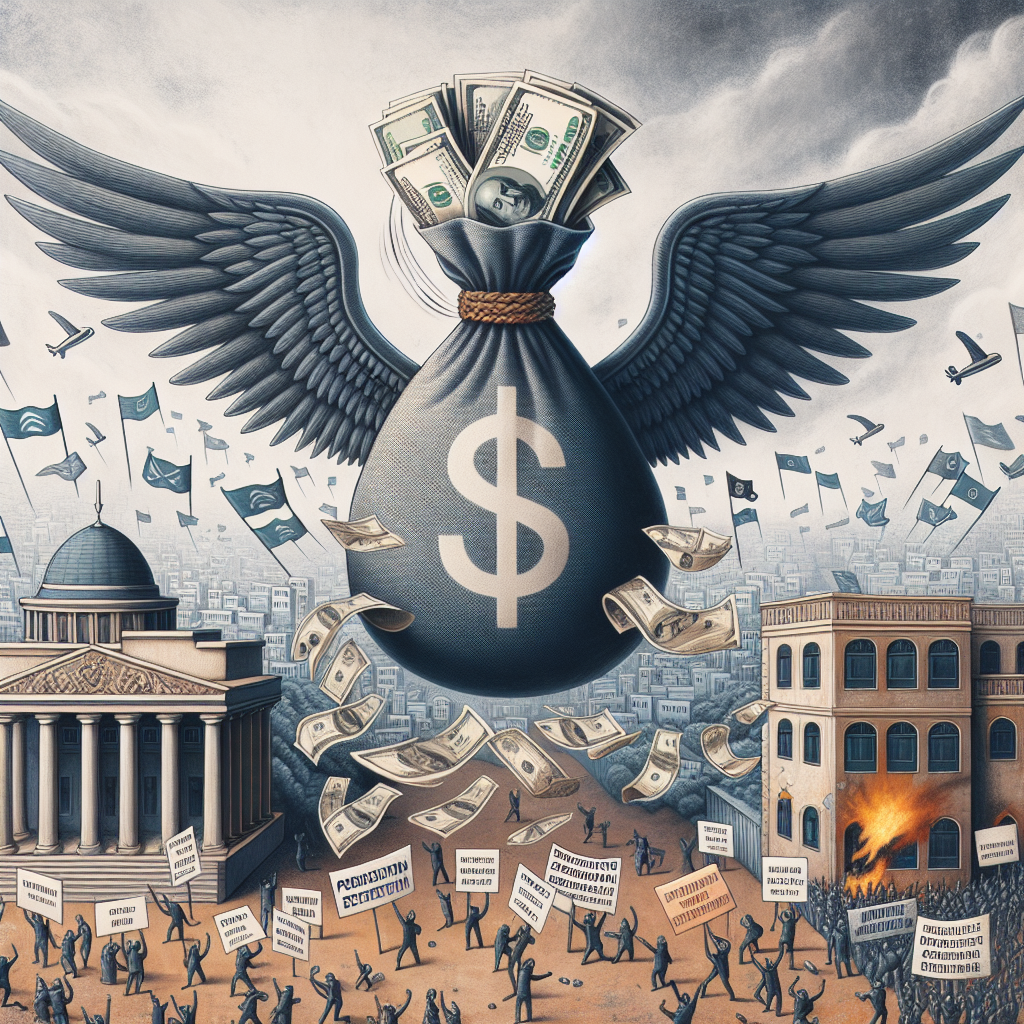US Halts Funding to Cornell and Northwestern Following Pro-Palestinian Demonstrations
US Halts Funding to Cornell and Northwestern Following Pro-Palestinian Demonstrations
Background
In a significant move, the United States government has decided to suspend funding to two prestigious universities, Cornell and Northwestern, in response to recent pro-Palestinian demonstrations on their campuses. This decision has sparked widespread debate and raised questions about the balance between free speech and government funding.
Key Reasons for Funding Suspension
- Pro-Palestinian Demonstrations: The demonstrations, which were organized by student groups, have been described as highly visible and vocal, drawing attention from both supporters and critics.
- Government Response: The US government cited concerns over the nature of the protests, suggesting that they may have crossed lines into anti-Semitic rhetoric, prompting the funding suspension.
- Policy Implications: This action reflects a broader policy stance on how educational institutions handle politically sensitive issues and the potential consequences of perceived bias.
Reactions and Implications
The decision to halt funding has elicited a range of reactions from various stakeholders:
- University Response: Both Cornell and Northwestern have expressed disappointment, emphasizing their commitment to free speech and academic freedom.
- Student Reactions: Student groups have voiced concerns over the impact on academic programs and research initiatives, arguing that the demonstrations were a legitimate expression of free speech.
- Public Opinion: The public remains divided, with some supporting the government’s stance on curbing hate speech, while others view it as an infringement on free expression.
Conclusion
The suspension of funding to Cornell and Northwestern highlights the ongoing tension between free speech and government oversight in educational institutions. As the debate continues, the outcome of this situation could set a precedent for how universities navigate politically charged issues in the future.































